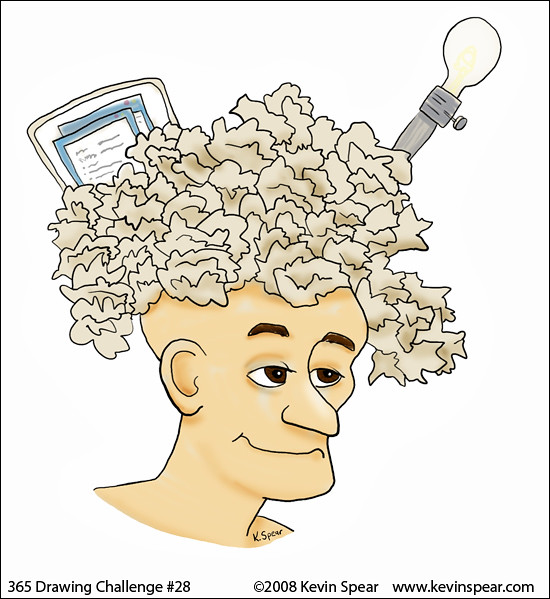a.k.a.

Consider this to be my anti-gambling rant. I love certain professional sports. NHL, MLB, NBA, love them. I enjoy watching them, the skill, artistry and raw power of the athletes is intoxicating. I love the dancing numbers, the stats, that are generated by these athletes. I love turning them over, like rocks in a field, and seeing what crawls out. But professional sports are becoming an object lesson in how to lose all your money.
Legalized gambling is monopolizing pro sport
The advertisements are unavoidable. Some of the main characters in the advertisements look like RL drug pushers, and that’s appropriate, because that’s what they are. There is a tsunami of addicted gamblers building that will wash over our financial, health care and legal systems. Our science and medicine has not progressed to the point where they can offer a cure.
An ounce of prevention
What happens in casinos is already well documented. Casinos attempt to deal with problem gamblers by designing the software of systems, such as slot machines, so that the more you play them, the lower your chances of winning become. The industry would have you believe that they are attempting to discourage problem gamblers from playing those machines, but it looks far more like a system that exploits people who are no longer in control of their actions.
But sports gambling doesn’t have that problem right? Right? Well sort of
The simple truth is that the odds makers for corporations whose business is betting on sports are mathematical engineers, called actuaries. The odds systems are designed so that, no matter what happens, the house, the corporation, never loses. So what does this mean, practically? It means that no matter how good you are at predicting wins, losses, goals, points, or whatever it is you are betting on, if you persist, you will lose money. It’s a mathematical certainty.
Sports books specifically design their software to siphon off your money
Let me give an example. Let’s say you are really good at this gambling thing. You are good at picking winners. So you place ten bets with a money line of -200. That’s the old 2 – 1 odds that you will win this bet. So for every successful bet of a dollar, you will get back your dollar with an extra fifty cents. Safe bets. You’re good at this. But you’re still going to lose some of those bets, and it will be more than you think.
Cha Ching!
You win 6 out of 10 of the bets you’ve placed.
You’re doing well!
Congratulations!
Now let’s add up the money.
You placed a dollar on each bet. You won six times. You get $9 back.
You lost four times. The total amount you bet was $10.
So even though you’re good at this, you still ended up a dollar short.
And here’s the thing, it wasn’t “bad luck”, it was the way the system is designed. It is designed to siphon off your money. In actual fact, you might have been lucky. If you place ten bets with a money line of -200, you will probably, typically, only win half of them, or perhaps even less, even though the odds are in your favour.
Luck always runs out
The truth is, it doesn’t matter how good you are, all that matters is how lucky you are, and luck always runs out, in the end. It’s a mathematical certainty. It’s the way the systems are designed, and they are designed by actuaries, using cold, hard formulas. The house absolutely never loses. Never. The more money you gamble on sports, the more you will lose. It is an absolute, dead certainty.
You might actually be better off to buy the occasional lottery ticket. You are not likely to ever win, but if you do, you can quit and live off the winnings for the rest of your life, if you win big. Your typical sports bet doesn’t offer that kind of payout, unless you pour ruinous amounts of money into it, in which case your chances of winning big are probably no better than they are of winning the lottery, while your chances of losing everything and ending up covered in lice and sleeping on a grate somewhere, are extremely high.

